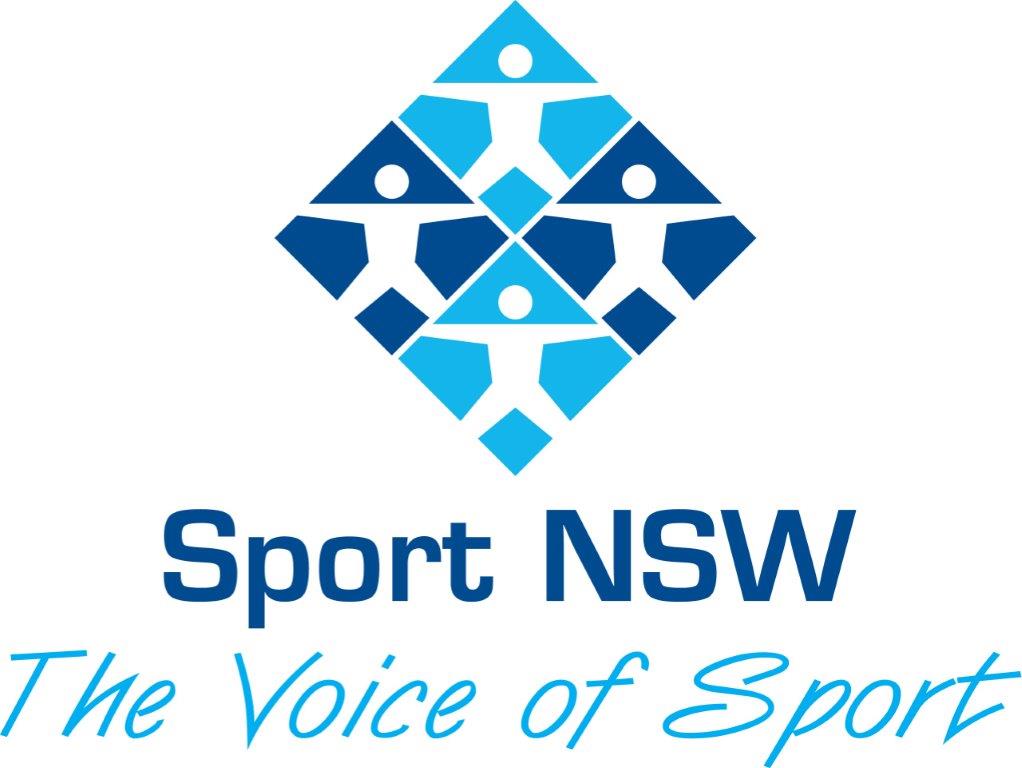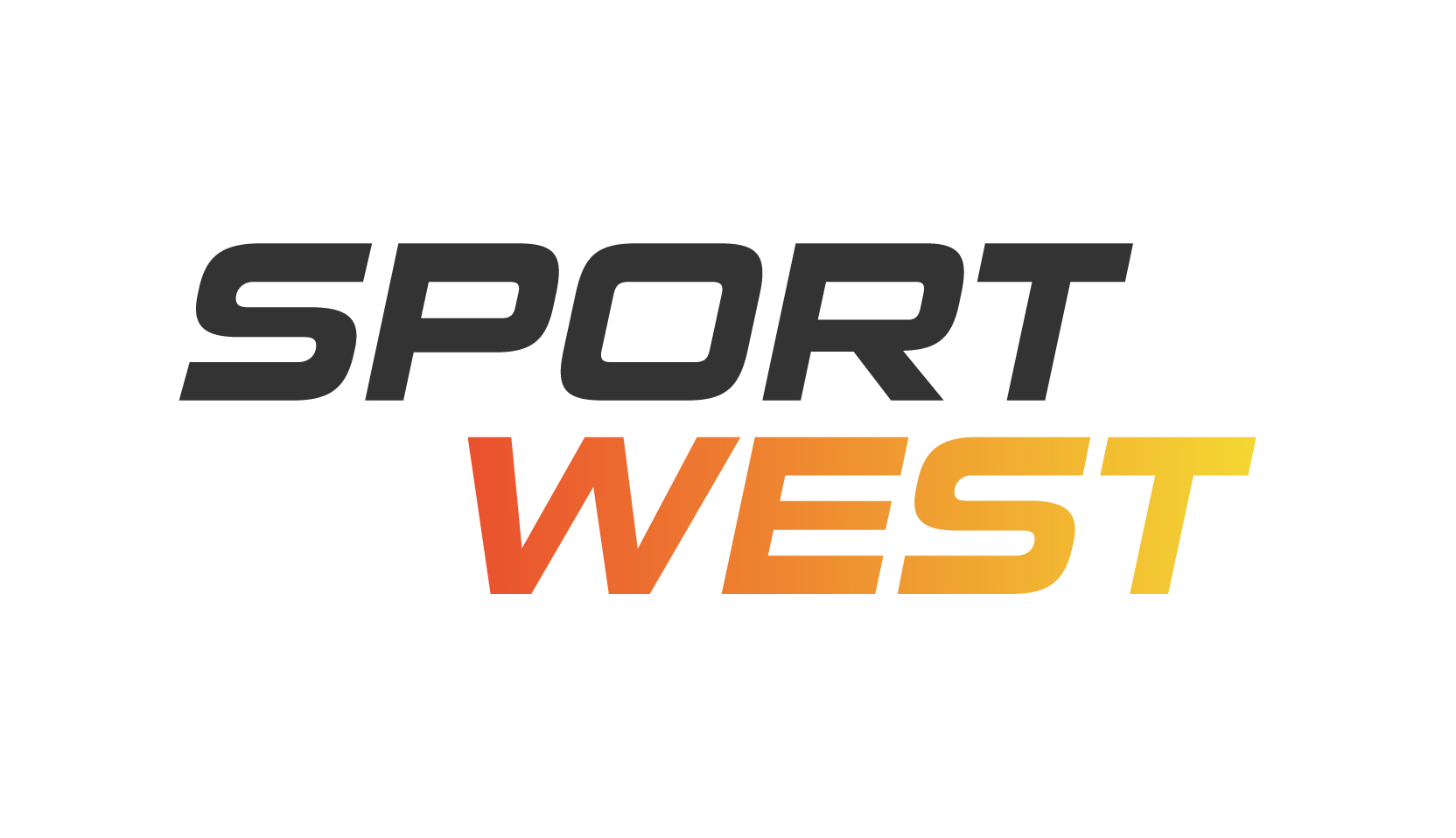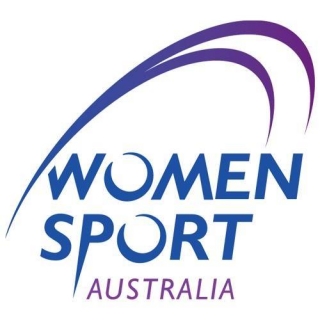The strength of the Australian sport management talent pool has been widely recognised for many years, with the 2000 Sydney Olympic Games a notable catalyst establishing the profession as world leaders.
Over the past 20 years there has also been an exodus of this talent overseas, pursuing coaching, high performance and management roles with national sport organisations, global sport brands and franchises. Remuneration was a key factor for many of these professionals as they had the capacity to easily earn double or more for a comparable Australian role based in the UK, Europe, Middle East or North America.
Some of you might remember the coverage during the London 2012 Olympic Games suggesting foreign athletes trained by Australians had won so many gold medals if they could form a nation in their own right they would have been fourth on the medal table.
Australian sport has valiantly attempted to counter this exodus with its own strategy, bumping up the packages they offer to help attract and retain world’s best staff. Where success is measured by world class performance it is vital Australian sport has the freedom to recruit world class staff.
That’s why the Federal Government’s announcement of abolition of the 457 visa program 18 April, 2017 ought to be a major concern to Australian sport.
The Temporary Skill Shortage (TSS) visa program that replaces the 457 visa program consists of 2 streams, one with a two-year limit and the other a four year limit. The devil is in the detail particularly the stricter labour market testing and under the two-year visa there is no pathway for permanent residency.
Additionally 200 occupations were removed from the list of eligible skilled occupations including Exercise Physiologist, Golfer, Horse Trainer, Other Sports Official, Sports Administrator and Sports Umpire. The new list of eligible skilled occupations includes Gymnastics Coach or Instructor, Horse Riding Coach or Instructor, Snowsport Instructor, Sports Development Officer, Sports Centre Manager, Swimming Coach or Instructor and Tennis Coach. If you’re a Baker or a Pig Farmer, don’t worry, you’re on the list.
Skills sectors such as retail, mining and more notably science and technology, have been very active and public in their complaints. In response to the swell of opinion the Government has announced it will review the occupation list 1 July, 2017.
Absent in all of this debate is a true voice for the Australian Sport sector.
It is misguided to assume the Australian Sports Commission (ASC) will represent the sector to lobby and argue for a broadening of the occupation list. As a funding instrument of the Federal Government the ASC has limited power and influence. On the other hand, the collective, national sport community is as powerful and influential as any other industry sector. Possibly more so.
I acknowledge the State/Territory Peak Sport Bodies such as Vicsport, SportNSW, QSport,WASF and SportSA come together as a collective; while the Coalition of Major Professional and Participation Sports (COMPPS) also tackle broader issues. Apparently the Confederation of Australian Sport (CAS) still exists although I had to work hard to find them online.
The question lingers….. Why don’t we have a peak organisation that represents the sport sector?
RM – Sportspeople Recruitment
First Published 2017.





